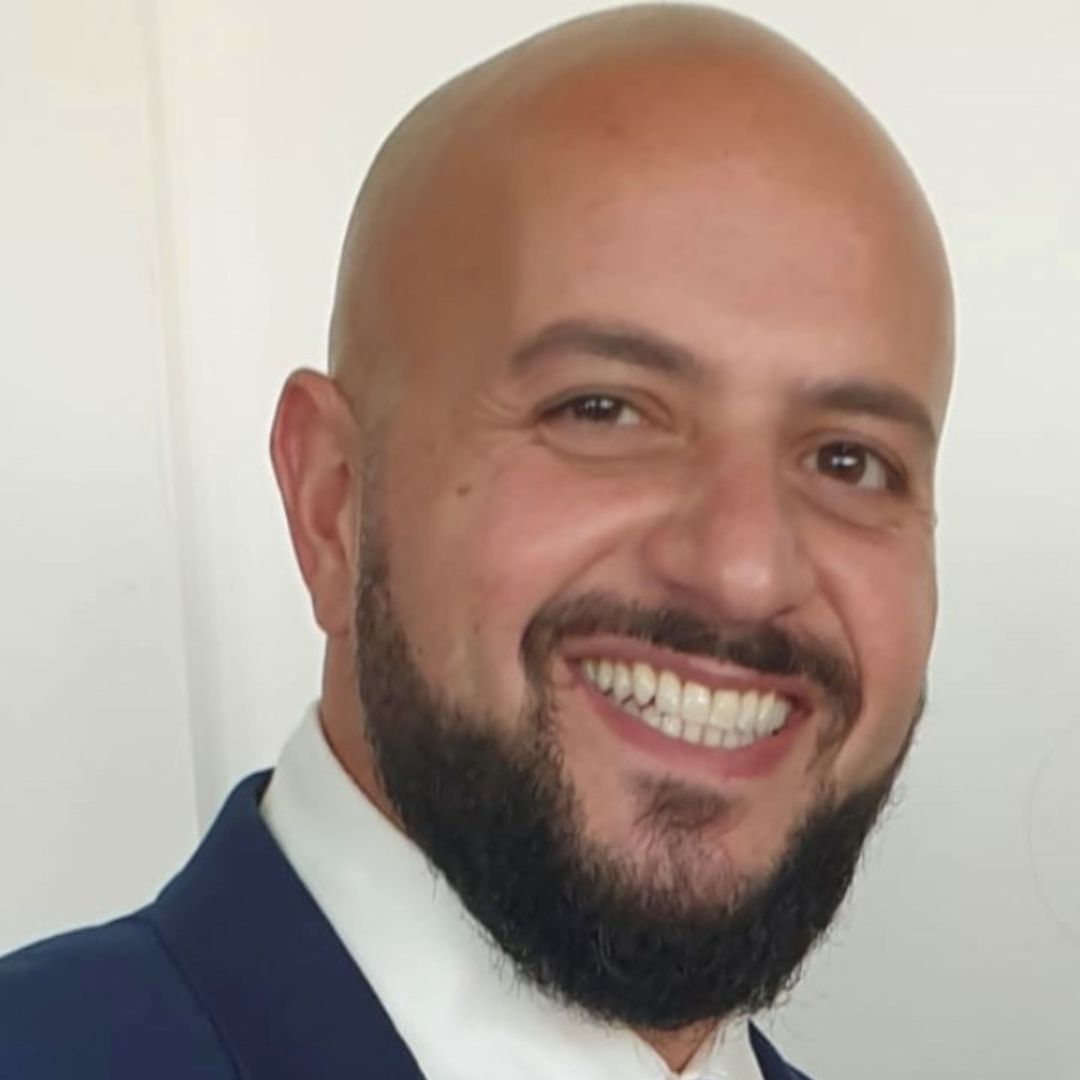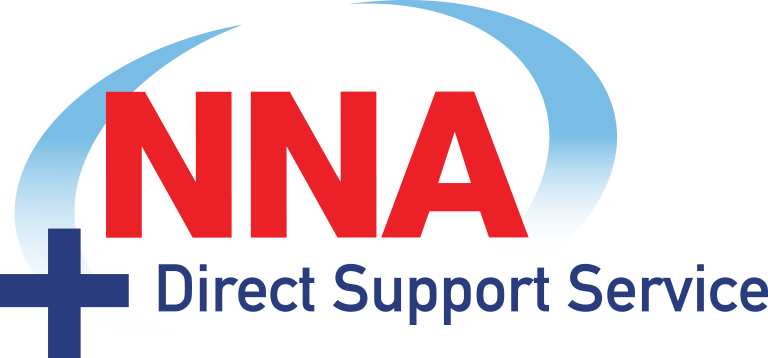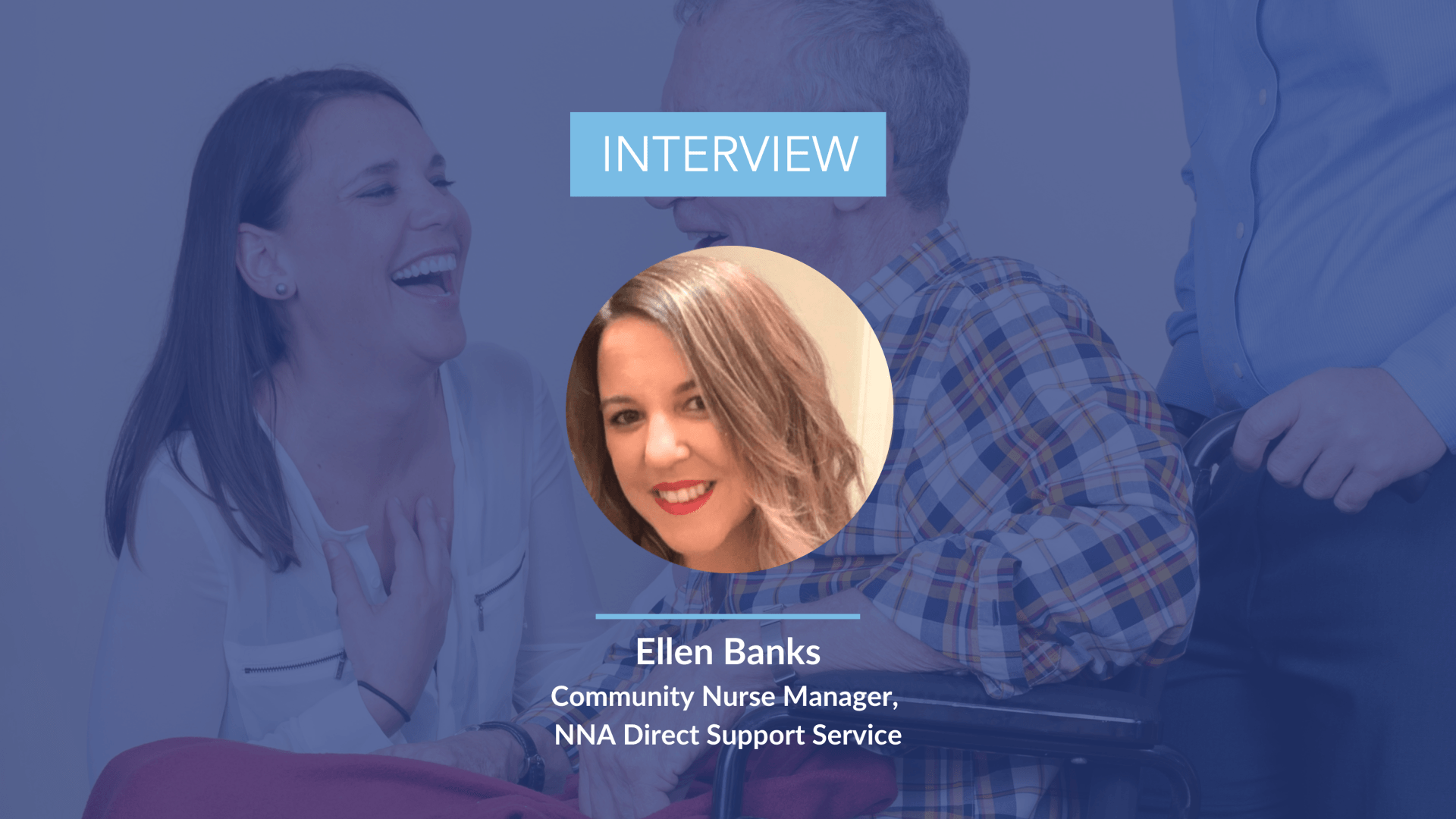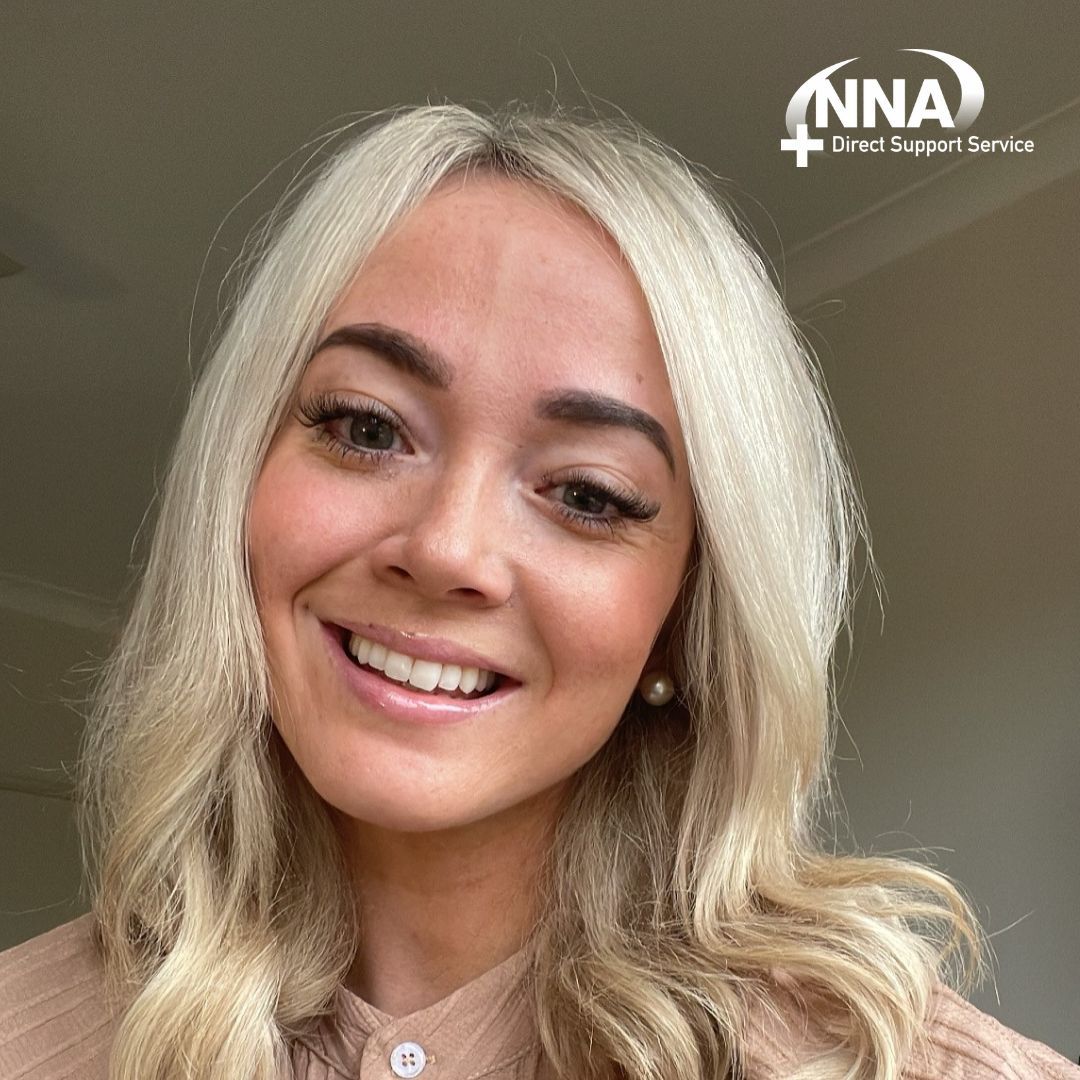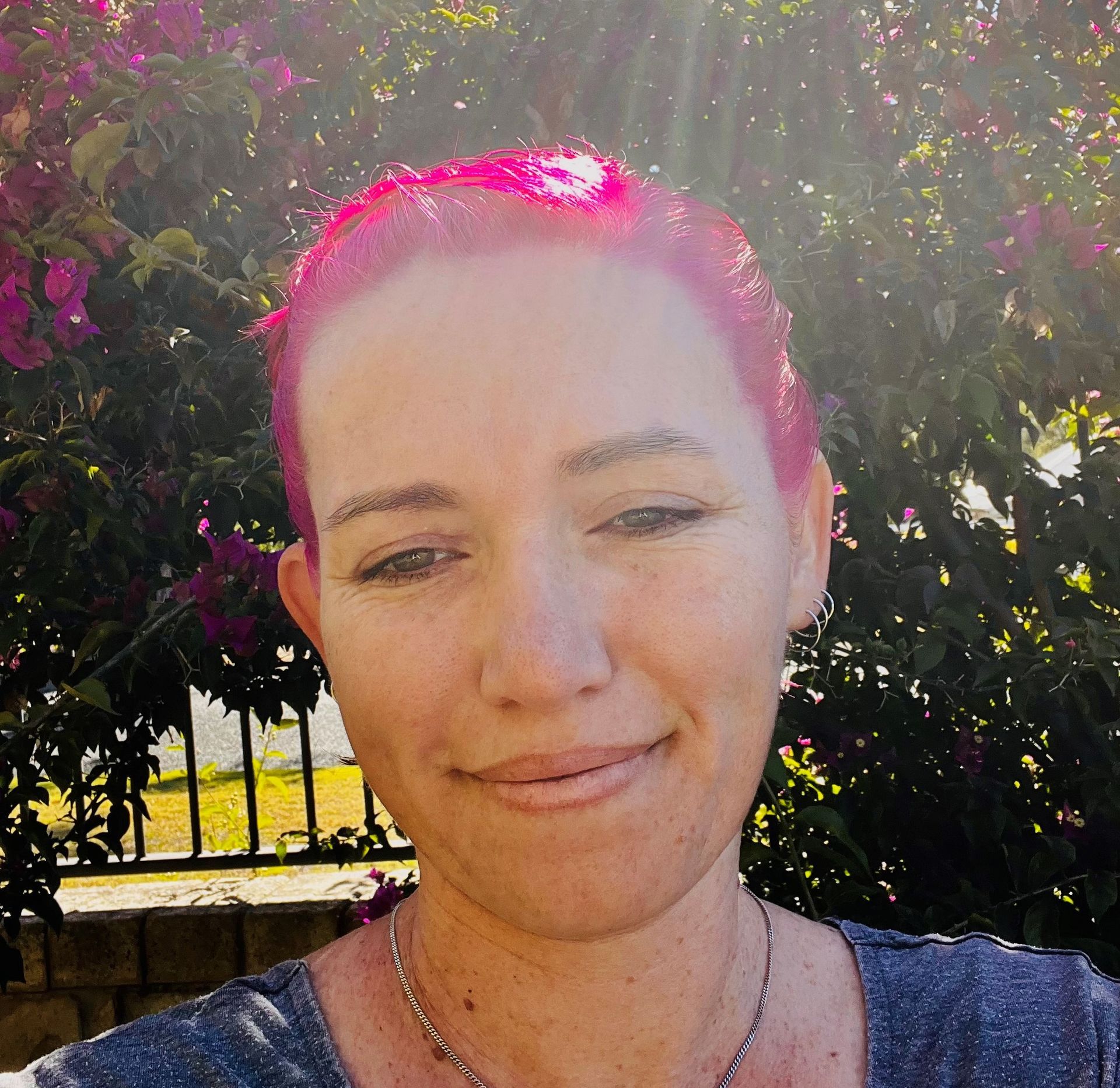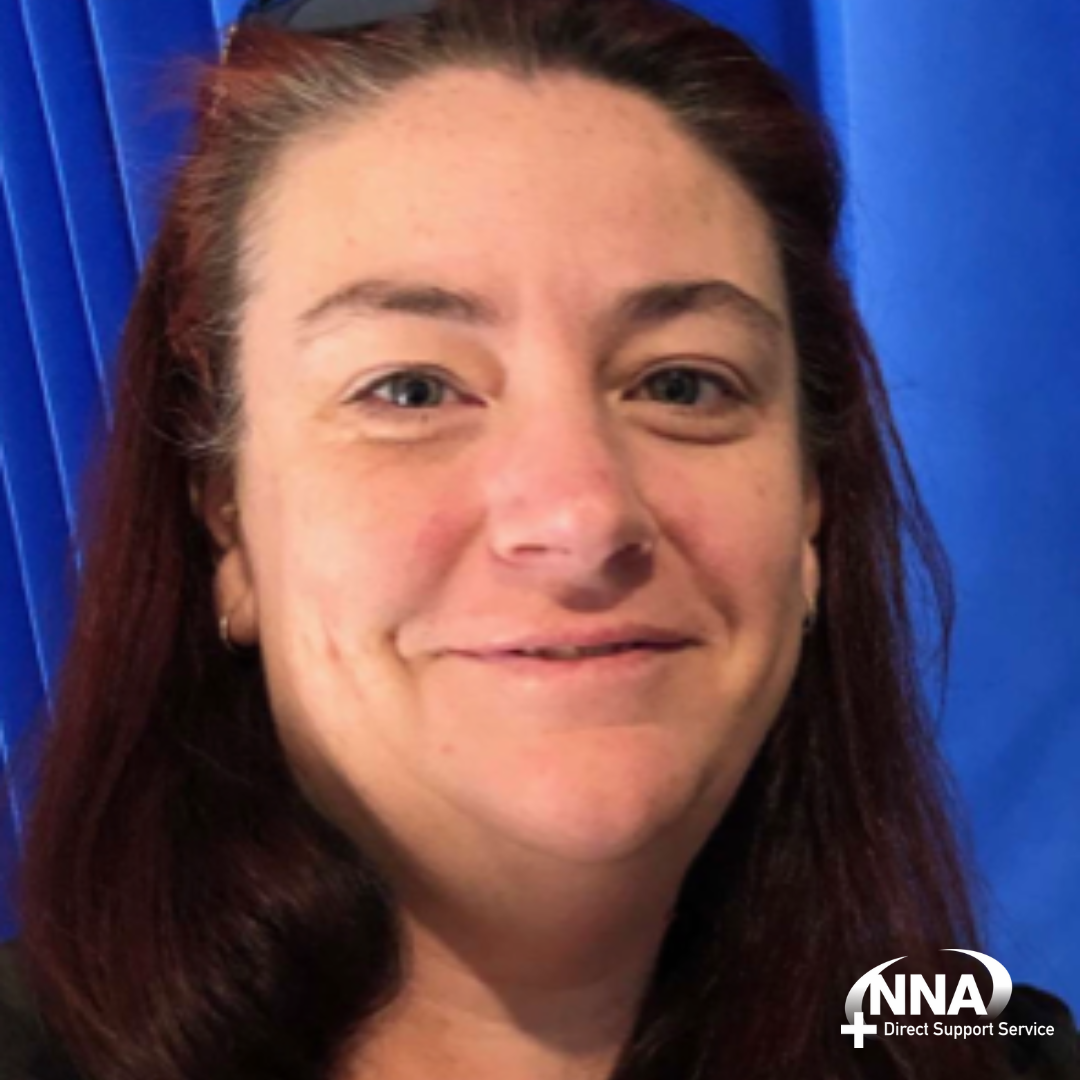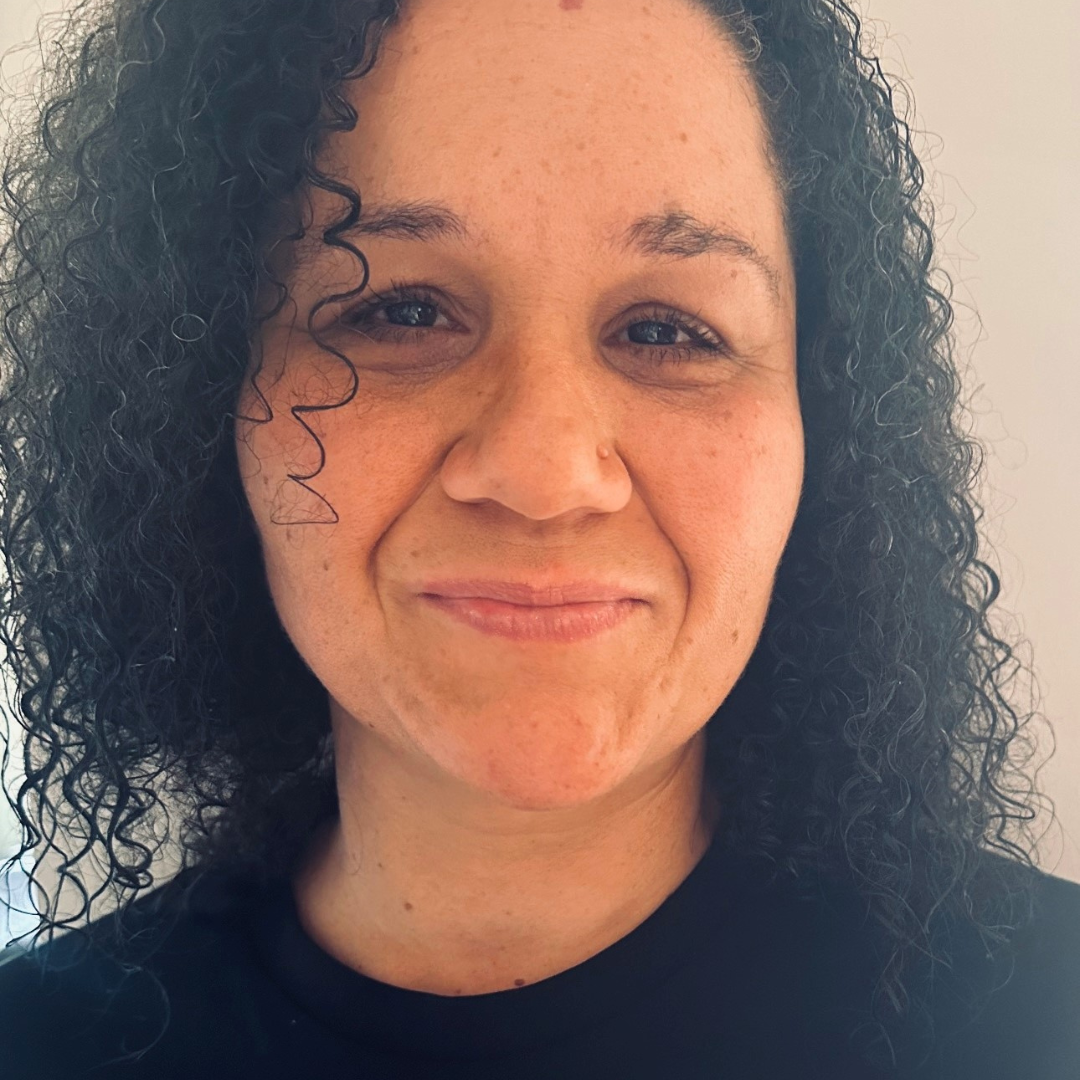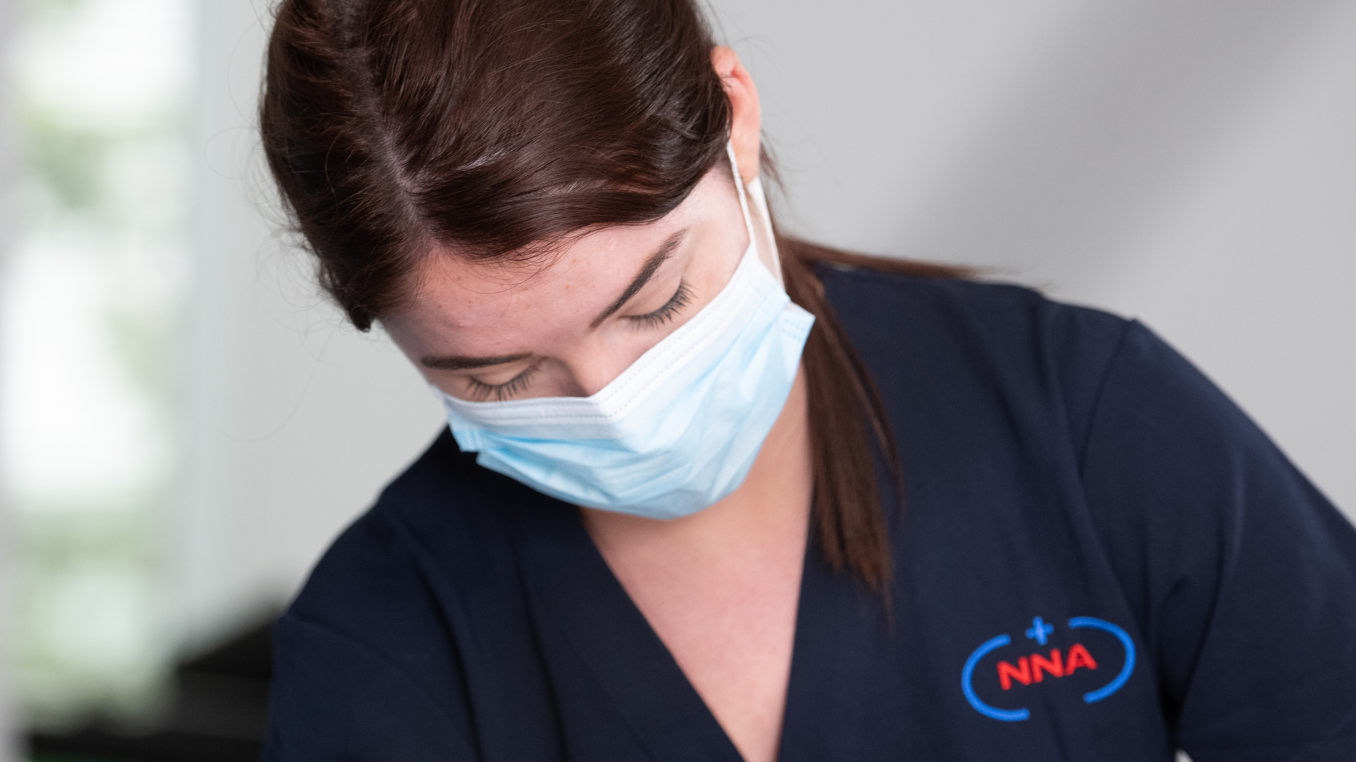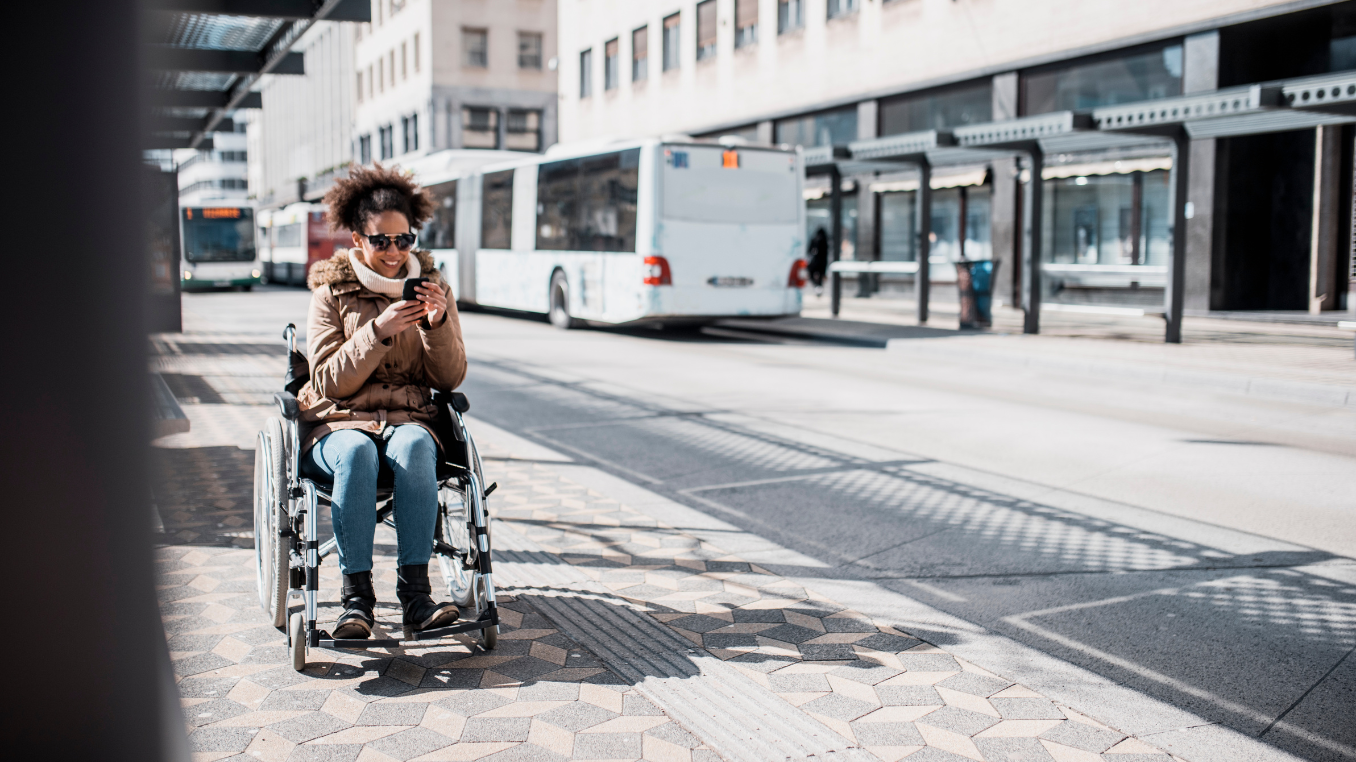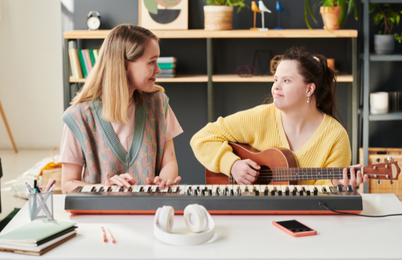Caring for someone with MND
We sat down with NNA Direct Support’s Community Nurse Manager and registered nurse, Ellen, to chat to her about MND, the role of support services and carers, and breakdown some common misconceptions about the condition.
What exactly is MND?
Motor neurone disease (MND) is a condition that affects the brain and nerves. It causes weakness and loss of function that gets worse over time, that then affects how someone walks, talks, eats, drinks and breathes. There is currently no cure for MND, however there are treatments available to people whilst they live with MND to help with some symptom control.
How many people are affected by MND in Australia?
MND is uncommon but not a rare disease. Recent numbers estimate there are over 2,000 people in Australia currently diagnosed with MND and every day 2 Australians are diagnosed with MND. The average age of onset is 50.
What role do support services play?
MND is a degenerative condition so a person’s needs and level of support will change over time. Unfortunately, with the rapid decline in some people with the condition, the urgency for full-time care can happen quite quickly.
While no two cases of MND are identical, support workers will often support people initially with loss of mobility and decreased muscle strength. Initial support for someone with MND could include community access, help with everyday chores, meal preparation and personal care. As the person’s needs change over time more complex nursing support is likely to be needed. This may include respiratory care, medication management, speech therapy, pressure area care and peg feeding.
What role does family support play in someone’s journey with MND?
Not everyone who has been diagnosed with MND wants their family involved. For other people, their family may play a central role in supporting them to maximise independence and improving well-being.
For people who find themselves as first-time carers, it’s important that they understand that specialist support is available. Organisations like MND Australia and MND New South Wales provide information, education about MND for care, community and health professionals.
What do you think are the biggest misconceptions about MND?
Just because a person with MND is unable to speak, does not mean that they don’t understand what is being said or cannot communicate – I think that’s one of the biggest misconceptions. MND affects the muscles that enable a person to move, speak and swallow, but doesn’t always lead to cognitive and/or behaviour change.
Feelings of isolation are common for people with MND and their carers and there may be a need to do things differently to maintain relationships. Communication aids can assist, but it’s also important carers understand how to listen and respond in different ways.
Another thing I hear quite often is people with MND getting labelled as “MND participants”. MND does not define someone, so when talking about a person with MND you should always refer to the person first, not the condition.
How important is it for carers to look after their own wellbeing?
I cannot emphasise enough how important it is for a carer to consider their own wellbeing and mental and physical health. MND is a progressive disease so the person’s needs will increase. Living with MND often mean normal routines and lifestyles change very rapidly, which can have emotional impacts for everyone in the immediate circle. Accessing external support for some parts of care can help alleviate some of the pressure and worry, while still enabling carers and family members to work as a team.
Keeping informed of the changes, anticipating the future impacts of the disease, and planning ahead are important so carers and families know what to expect.
What support services are available to people and families living with MND?
There are a wide range of specialist support services available. MND Association has a live forum where people can share information and experiences with other people affected by MND.
State-based organisations like MND New South Wales and MND Victoria also provide practical advice, support, information and regularly host events for people affected by MND. They also help people access equipment and mobility aids so that they can continue living at home.
NNA Direct Support Service is a registered NDIS provider of in-home disability and nursing services. We work closely with specialist organisations and multidisciplinary teams to connect people with the right support workers and nurses. We can also provide personalised training to support people in caring roles help improve quality of life at different stages of the condition.
